Jakarta, MINA – The Minister of Industry, Agus Gumiwang Kartasasmita said that his party anticipates the large number of halal products entering Indonesia.
“Other countries are trying to enter our market. There are 270.20 million Indonesians. We need to anticipate so Indonesia will not only become a target market for world halal products,” said the Minister of Industry in Jakarta, Fridah
The Minister said in the meeting with the European Union, they clearly wanted their halal products to easily enter Indonesia.
“They asked that the certification of halal products from there could be made easier. We have to be careful. Once we allow it, I am afraid the number of foreign products in the name of halal products will increase later,” he said.
Also Read: Maemunah Center Indonesia Finalizes Structural Plans for Maternity and Children’s Hospital in Gaza
Therefore, the Ministry of Industry is strongly encouraging the national industry to produce halal-based products, ranging from food, and beverages, fashion, cosmetics, to the media.
The government’s policy in empowering the halal industry is regulated by Presidential Regulation number 74 of 2022 concerning the National Industrial Policy for 2020 – 2024 carried out through the preparation of halal industry policies, strengthening the halal industry infrastructure, implementing the Halal Product Assurance System (SJPH), providing fiscal and non-fiscal incentives halal industry, international cooperation to obtain halal raw materials, and market expansion.
“The policy includes the recognition of national halal certification through a Mutual Recognition Agreement (MRA) with other countries, literacy, education, campaigns, socialization, and promotion of increasing the socialization of the halal industry through awards and national halal industry festivals,” said Agus.
The Minister of Industry said that despite the global uncertainty due to the COVID-19 pandemic, the Dinar Standard in its report estimates that the total expenditure of global Muslims in 2022 is expected to continue to strengthen and grow by 9.1 percent. This comes from the six real sectors of the sharia economy, namely the halal food and beverage sector, modest fashion, cosmetics, pharmaceuticals, media and recreation and travel.
Also Read: Imam Yakhsyallah Highlights Ummah Unity as the Core Path to the Liberation of Al-Aqsa
Agus added, in the context of efforts to recover the global economy, Islamic economics has become the main agenda in several countries and is considered a core part of post-pandemic economic recovery policies.
Meanwhile, the Secretary General of the Ministry of Industry, Dody Widodo, said that restrictions would be carried out in accordance with existing trade regulations.
“We have to limit it, even though this is halal, we still apply the rules. One of them is increasing standard certification and increasing the quality of the manufacturing product industry itself by implementing halal certification for every product from small to large industries, “said Dody. (T/ri/RE1)
Mi’raj News Agency (MINA)
Also Read: Prof. El-Awaisi Urges Participants to Continue Spreading Baitul Maqdis Culture






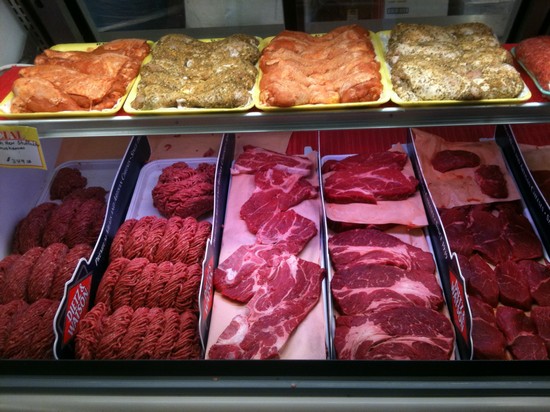


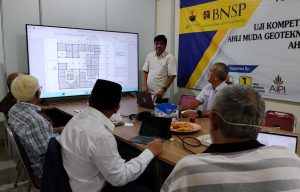

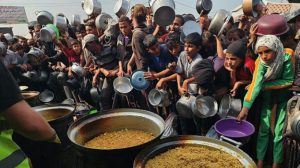




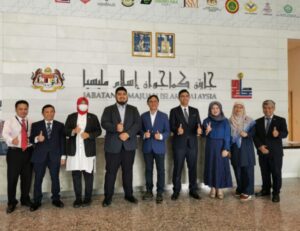
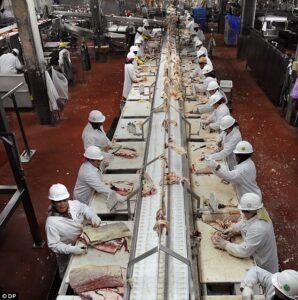


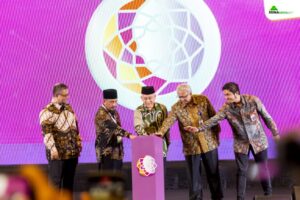
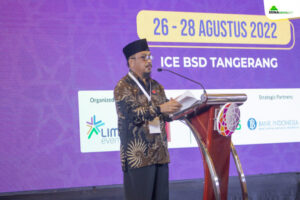












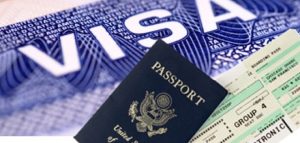



 Mina Indonesia
Mina Indonesia Mina Arabic
Mina Arabic